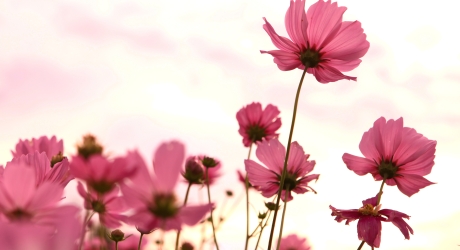Maulana Wahiduddin Khan | Times of India | August 31st, 2011, Page 16
Socialisation is the need of every society, promoting as it does harmony and mutual understanding. It is required for a healthy social life, as it encourages people to live as a cohesive group. There are several ways of engaging in such social behaviour. One effective way is through festivals, especially of the religious kind.
Basically, a gathering is simply a gathering but a religious gathering is a gathering plus. Religion gives to it the colour of sanctity. Eid al-Fitr is that kind of social tradition. Muslims celebrate Eid on the first day of Shawwal, the tenth month of the Hijra calendar, that is, just after the end of the month of Ramadan. While the month of Ramadan is the month of spiritual preparation, the day of Eid is the first demonstration of the spirit of Ramadan. The day of Eid begins with two units of congregational prayer.
This prayer gives a spiritual direction to the festival of Eid. After performing the two-unit prayer, Muslims leave their homes and meet people, both Muslims and non-Muslims. They accept sweets and also offer sweets to others. They say 'mubarakbad', or greetings, to everyone. They wear new clothes, which is a sign of purity and cleanliness. I was born in a small village in UP in 1925. At that time, the Eid celebrations were very simple, life was natural and totally based on agriculture. It was a time
when there was no concept of "we and they". I recall that on the day of Eid, I used to celebrate it in the Muslim tradition and, on the day of Diwali, I used to celebrate the festival of lights as practiced by the Hindu community. At the time, I believed that both these festivals were part of our Indian life. Eid promotes interaction and interaction leads to discussion and discussion leads to intellectual development. In this sense, Eid, as well as other festivals are not only a part of culture, they are a source of education and they promote human values. Ramadan and Eid are two different sides of the same coin. If Ramadan is spirituality, Eid is a kind of applied spirituality. Ramadan is an inner journey and Eid is like an external journey. Ramadan prepares you to live at a personal level and Eid tells us how to live on a social level. Both are equally important. On the occasion of Eid, Muslims are enjoined to give sadaqah al-Fitr. The purpose of sadaqah al-Fitr is that even the less privileged can have the means to celebrate Eid along with others on an equal basis. Sadaqah al-Fitr is an expression of that kind of living in which people share with others. Though sadaqah al-Fitr is a one-day practice of brotherhood, it is a form of training to promote universal brotherhood. The Prophet of Islam made alms-giving and providing food for the poor obligatory on Eid al-Fitr.
It was meant to atone for any sin that may have been committed while fasting during the month of Ramadan. Ramadan and Eid both represent two different aspects of Islamic life. According to Islamic teachings, there are two periods of life: the present world and the world hereafter. In the present world we are required to fulfill our responsibilities and are promised a reward for our deeds in the world hereafter. Disciplined living in the month of Ramadan represents the first phase of life and celebrating joy and happiness on Eid represents what is expected in the life hereafter.








